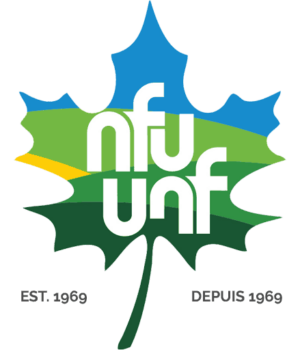Dear Editor,
The COVID-19 global pandemic highlights the vulnerabilities in our society. Our healthcare system, our globalized economy, and our food system are all being tested.
Food supply chains have undergone major changes over the past several decades as a result of globalization. Corporations coordinate transnational shipments to precisely balance supply and demand, keeping inventories and reserves low. Under “normal” circumstances, this system results in an abundance and diversity of cheap foods right at our fingertips. It also streamlines profits into the pockets of a few. As grocery store shelves become increasingly bare, we are reminded that we cannot rely on imports during times of crisis. In this time of vulnerability, it is more important than ever to recognize the importance of rebuilding resilient local economies, including diversified local food systems.
Farmers markets are an essential component of local food systems and food sovereignty. But, as non-essential businesses are shut down across the country, many farmers markets are also being forced to close due to emergency measures undertaken to reduce the spread of COVID-19. This action not only creates economic harm for local farmers but it also reduces public access to safe, healthy food.
The NFU demands that farmers markets be considered an essential service and allowed to continue operating. Markets are able to implement proactive measures to ensure vendor and customer safety, such as moving outdoors (if they weren’t outdoors already), increasing the space between vendors, removing seating/dining areas, limiting the number of customers at a given time, and prohibiting customers from touching vendors’ items. It is also important to note that farmers markets provide locally-grown produce with minimal post-harvest handling and significantly shorter supply chains than retail foods. Open air markets may also offer a safer alternative to grocery stores as there are fewer surfaces that need sanitizing and customer behaviour can be more easily monitored by vendors. Vendors who sell at farmers’ markets already must meet public health safe food handling requirements, and farmers know how to address biosecurity risks.
As long as grocery stores remain open to the public, so should farmers markets. We are privileged to live in a country that has the capacity to move towards diverse self-sufficiency – a key tenet of food sovereignty. Now more than ever we urge all levels of government to acknowledge the importance of localized food systems.
We call on governments across Canada to declare farmers markets an essential service, and to work with markets to ensure their continued safe operation and food provision capacity during the pandemic crisis. We also call on eaters to support their local farmers and other local businesses during this difficult and uncertain time.
National Farmers Union





![Kenopic/Smith Auction [Paid Ad]](https://whitewaternews.ca/wp-content/uploads/2018/10/advertising-100x75.jpeg)

